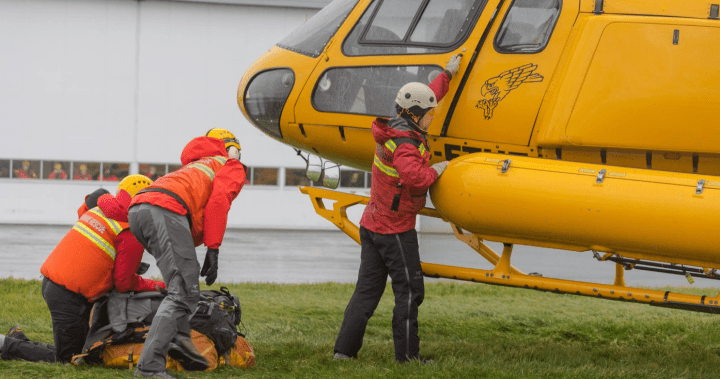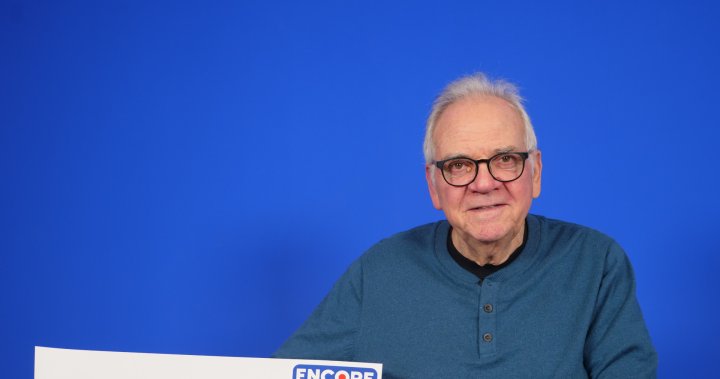Several current and former leaders of B.C. search and rescue (SAR) groups have penned a letter to top provincial government officials, alleging mistreatment of their volunteers by staff in one department.
The letter addressed to Premier David Eby, but sent to MLAs and members of the official Opposition as well, points fingers at Emergency Management and Climate Readiness (EMCR).
In addition to claiming that the ministry houses a “systemic attitude of disrespect and institutionalized bullying” of search and rescue volunteers, it alleges its staff have not addressed substantial safety concerns raised in an audit of certain SAR groups.
It further claims the department is not embracing the most advanced SAR technology, and calls on the government to restore its relationship with the SAR signatories by giving them more standard-setting authorities.
The signatories — including the former CEO of the B.C. Search and Rescue Association and the current presidents of the Houston, Whistler and Fort St. James SAR teams — also want an independent audit of EMCR conduct and practices, and recommends certain unnamed staff in the ministry be reassigned.
Environment Minister George Heyman, who is also acting as minister of EMCR, was not available for an interview Monday.
“Search and rescue volunteers play a critical role in providing life-saving services across our entire province. We respect and appreciate their training, knowledge and dedication,” Heyman said in an emailed statement.
Get the latest National news.
Sent to your email, every day.
“The concerns raised in this letter are very troubling, and I intend to meet with the BC Search and Rescue Association this month to discuss and address these concerns.”
Heyman said he is confident the provincial government can reestablish “the trust and effective collaborative relationships that British Columbians need and expect” from its elected officials and SAR volunteers.
Some 3,400 volunteers from 78 SAR groups across the province save 1,000 lives on average each year.
In an interview, former B.C. Search and Rescue Association president Dwight Yochim said the “rift” has developed in the past six months in particular, as volunteers faced tremendous “pressure” from EMCR.
“They were not seen with any respect by EMCR. Their advice, their recommendations were seen as more of an irritant,” he alleged. “They just didn’t think those members’ opinions really counted and it was very discouraging.”
He cited the example of North Shore Rescue — which is not a signatory to the letter — having to go public with its concerns before it was allowed to do nighttime hoist rescues from helicopters in October 2022.
In Houston, SAR president Andy Muma said his team has been advocating for several years to get a canine search unit, but gets “turned down” with every new capabilities request it makes to EMCR because of a “moratorium” the ministry imposed on certifying new SAR skills.
“There are no canine search dog capabilities north of Kamloops in this province and we need all the help we can get up here to find people when they go missing,” Muma said.
“Trying to implement new technologies like drone technology and that — it’s just been very difficult for us to continually improve our operations.”
He said many SAR groups across B.C. having been operating at exemplary levels for decades, with many volunteers who have decades of experience — a “model you don’t want to change to a top-down approach.”
Brad Sills, president of the Whistler Search and Rescue Society, agreed, raising concerns about a change in “tone of authority” since 2019, when the provincial funding model changed for EMCR and the SAR teams.
“Taking all of the decision-making out and adopting a much more employer-employee relationship type of structure,” he described. “We just need to get back to the table and start collaboration again in a meaningful way.”
The letter is also signed by a SAR manager in Prince Rupert and a former manager of SAR in Squamish.
© 2024 Global News, a division of Corus Entertainment Inc.




